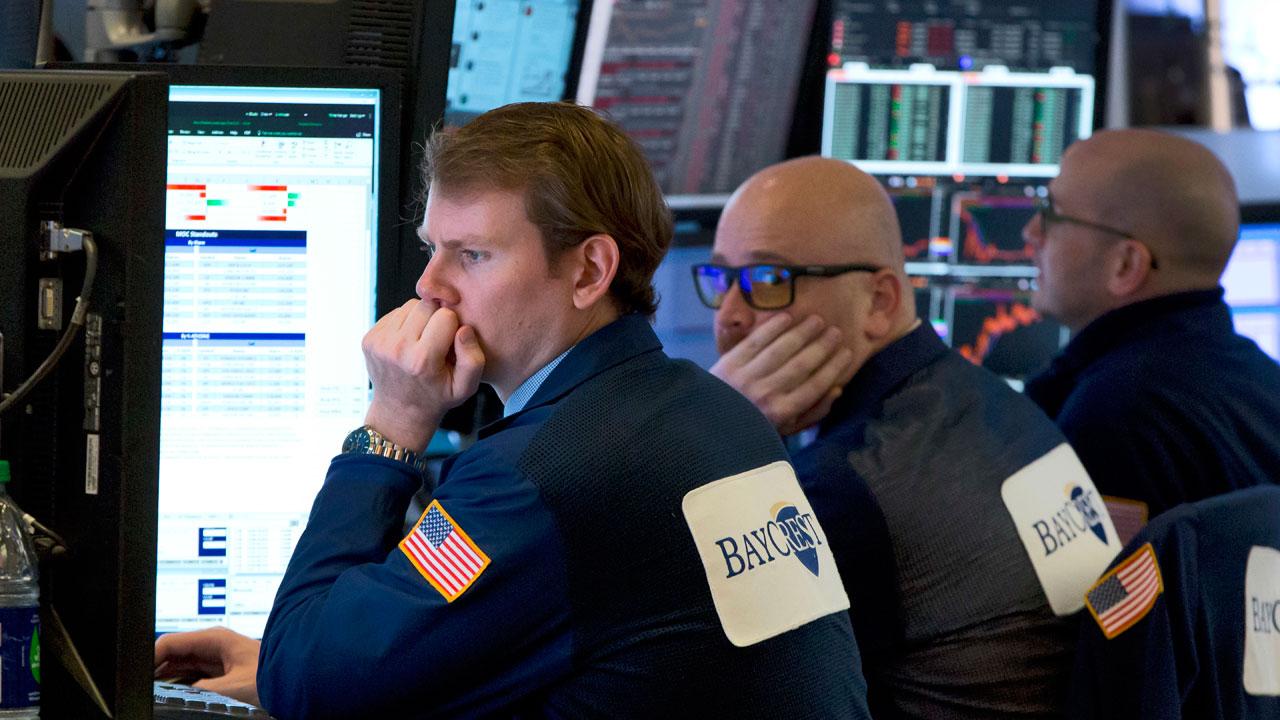Could a US-China trade deal cost you more at the gas pump?
While the world waits to see if the U.S. and China can strike a trade deal, the outcome may impact the cost of your summer vacation.
You see, the fact is that if the U.S. and China agree to a deal, it will cause a surge of pent-up economic activity and will probably spike energy demand and prices. What many people do not realize is that the strength of the Chinese economy is one of the major price influences on oil -- and in turn gasoline prices.
Even now with the Chinese economy taking a hit from the trade war, Chinese oil demand is setting records. China’s GDP fell to 6.6 percent in 2018, which was the lowest level since 1990. Yet despite that slowing, China imported a whopping 10.31 million barrels of oil per day (bpd) in December, which was 30 percent more than a year earlier and just shy of the 10.43 all-time record set in November.
So, in other words, China’s economy has evolved so dramatically that their domestic oil demand is still growing as the economy slows (which wasn’t the case in 1990). Now could you imagine what that number might have been if the U.S. and China were not in a trade dispute? If China’s growth was even a percentage point or so higher, those import numbers might be closer to 12 to 13 million bpd.
A number that large would actually equate to every barrel of oil that the U.S. is now producing. Thank goodness that while China was transforming their economy, the U.S. shale revolution was reenergizing the energy industry. The U.S. is making it possible for that demand to be met.
Without the U.S. exports, it is very possible that the world would be facing economic restraints that would put a cap on global economic growth. In fact, according to Energy Information Administration, the U.S. is expected to pump a near record 12.4 million barrels of crude a day in 2019 and 13.2 million barrels a day in 2020. This surge in U.S. production was thought to be impossible just a few years ago. But with the spirit of capitalism and the pursuit of profit, the U.S. energy industry did the impossible.
Yet even with their best efforts, the price of oil and gasoline is poised to move higher. Not only for demand reasons, but supply constraints. You have OPEC cutting production, U.S. energy producers moving cautiously and geopolitical risk factors from Venezuela and Iran.
However, what will ultimately drive oil will be demand. Demand that may soar from the economic boost that a U.S.-China trade deal will give the world. Still, even if you like low gasoline prices you should not root for no-deal between the U.S. and China. A higher price of gasoline may reflect a booming U.S. and global economy.
CLICK HERE TO GET THE FOX BUSINESS APP
So, if you end up paying just a little more at the pump, keep in mind that reflects people prospering and it is pointing to a brighter economic future for all of us.
Phil Flynn is senior energy analyst at The PRICE Futures Group and a Fox Business Network contributor. He is one of the world's leading market analysts, providing individual investors, professional traders, and institutions with up-to-the-minute investment and risk management insight into global petroleum, gasoline, and energy markets. His precise and timely forecasts have come to be in great demand by industry and media worldwide and his impressive career goes back almost three decades, gaining attention with his market calls and energetic personality as writer of The Energy Report.




















